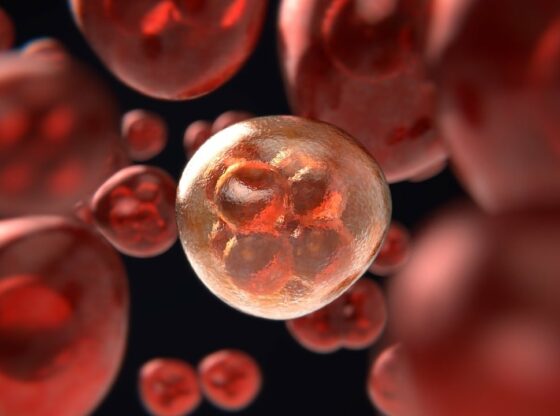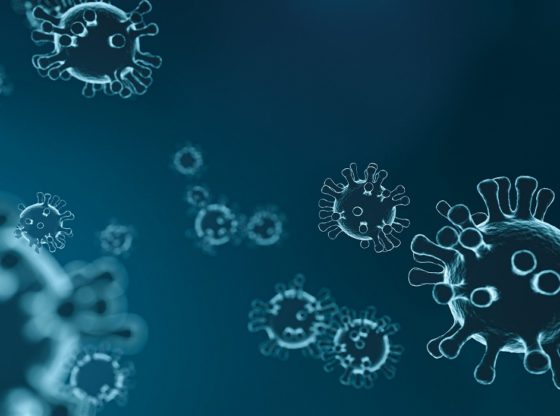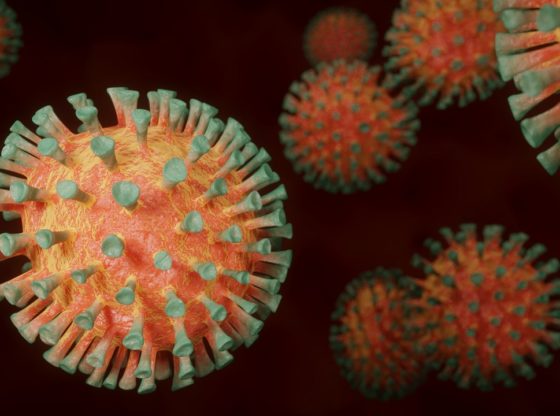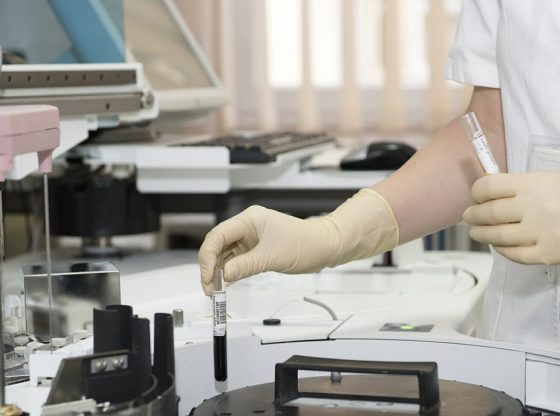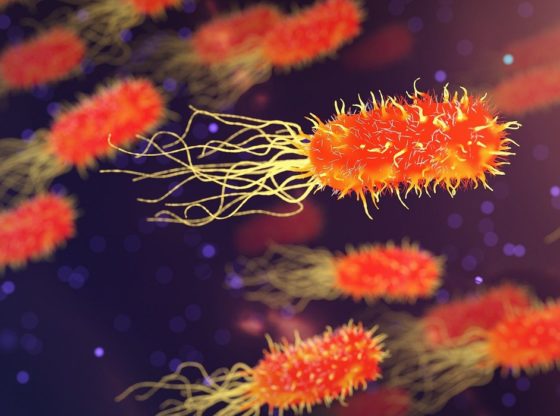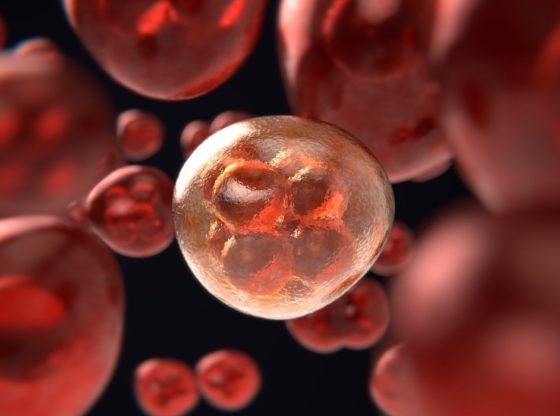Bacteria in hibernation can be a problem since antibiotics become ineffective. But a new study shows that oxygen can wake the bacteria and make the antibiotics effective again.
Bacteria’s ability to go into hibernation remains largely unexplored but has received more attention from researchers in recent years. Hibernating bacteria become a problem since antibiotics will have no effect. But a new study shows that oxygen could help to wake these bacteria up from hibernation.
That bacteria can go into a kind of sleeping state has been known since the 1940s. They do this when being exposed to malnutrition or being affected by other bad environmental conditions.
But it is only in the past ten years that scientists have begun to understand how this hibernation state is biologically controlled. It is triggered by certain substances that bacteria produce. To wake themselves up from hibernation, they can either have the effect of these substances wear off or produce another substance that works as an antidote.
An international research team discovered that the antidote needs oxygen to function and that this is something that could be used to wake bacteria up from hibernation when they have made themselves inaccessible to antibiotics.
Thomas K. Wood, professor of chemical engineering and holder of the Biotechnology Endowed Chair, Penn State, said:
“Antibiotics can only kill bacteria when they are actively growing and dividing. But, environmental stress factors often turn on a bacterial mechanism that creates a toxin that makes the cell dormant and therefore antibiotic resistant.”
The researchers developed an antitoxin system and used oxygen in the presence of the antitoxin to wake bacteria up. They found that 10 percent oxygen is sufficient to wake the bacteria up from a dormant state, but when in a so-called biofilm (a community of organisms protected by a ‘slime like’ film), the problem becomes accessibility.
The results so far are sufficiently promising for an oxygen-dependent compound to be developed and the researchers suggest that this type of toxin, one that is oxygen-dependent, could become a antibacterial treatments to inhibit the formation of biofilms.
Reference:
Oriol Marimon et al. An oxygen-sensitive toxin-antitoxin system. Nature Communications December 8 2016. DOI: 10.1038 / ncomms13634


